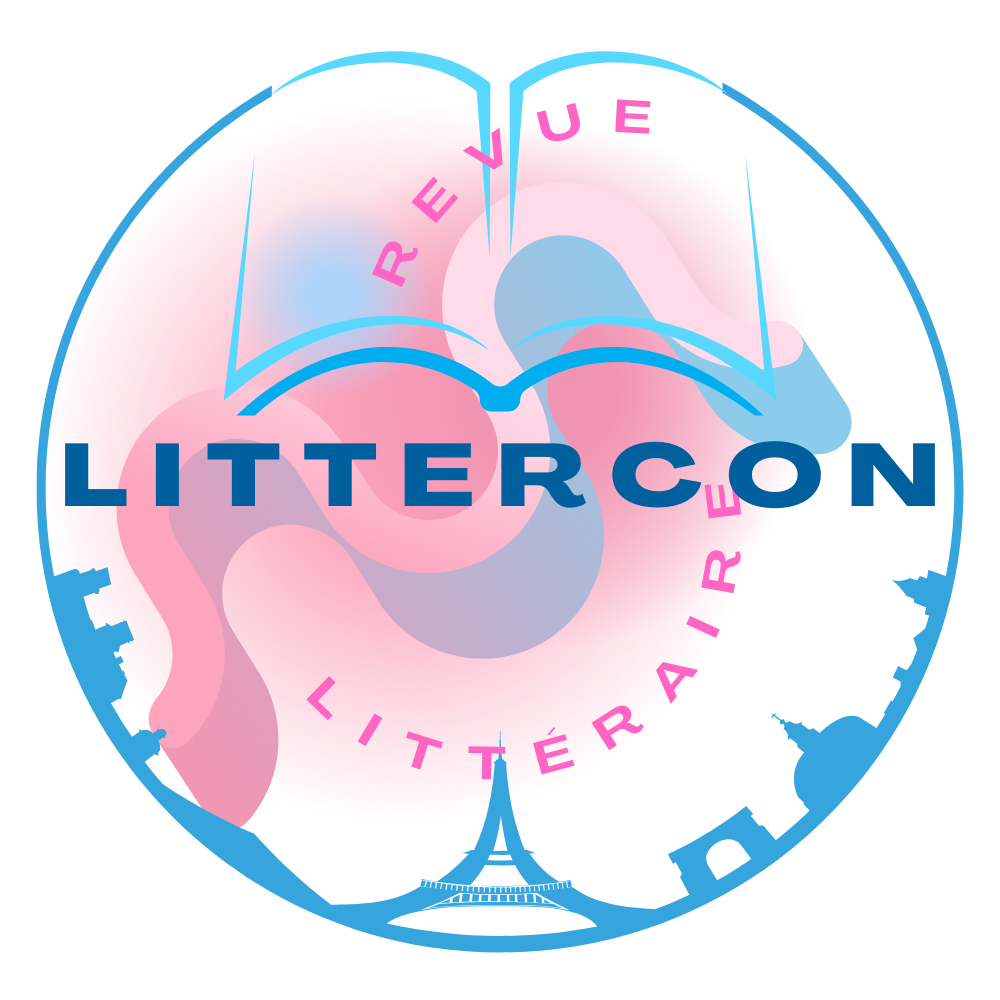littercon
Читателей на странице:
Readers:

For members of the Nashville literary community, Margaret Renkl is something of a hometown hero: beloved naturalist writer and memoirist; New York Times opinion writer on Southern issues and the natural world; and the founding editor of Chapter 16, Humanities Tennessee’s online literary journal. Humanities Tennessee also hosts the Southern Festival of Books, which Renkl will attend as an author for the first time with her astounding memoir, Late Migrations: A Natural History of Love and Loss.
What’s it like to be part of the Southern Festival of Books as an author after so many years from the other side?
I haven’t found the words yet to describe what it will mean to me to wear a nametag at the Southern Festival of Books that says “Author” under my name. I’ve been in Nashville for 32 years, almost exactly the same number of years the festival has existed, so this event always feels like a family reunion to me, but this year will be so special. More like a homecoming, a family reunion and a wedding dance all at the same time.
What is the mark of a really great book event?
One thing I’ve learned this year is just how many different kinds of great book events there are, but the one thing they all seem to have in common is community. A great book event links all the parts of the literary ecosystem together under one roof (or one tent). It’s a gift to everybody involved when all the people who love books—readers and writers and publishing people and booksellers and teachers and librarians—can meet each other in real life and not just online.
What have you most enjoyed about interacting with the readership of Late Migrations?
It’s been wonderful to hear readers tell their own stories—stories of family love, stories of deep loss, stories of the natural world in their own backyards. Writing is solitary work, often isolating work, but meeting readers reminds me that we’re all in this world together, all doing the best we can. And that we have more in common than we ever truly understand.
“Writing is solitary work, often isolating work, but meeting readers reminds me that we’re all in this world together, all doing the best we can.”
If you could sit in the audience for an event with any author, living or dead, who would you like to see read from and discuss their book?
I would give almost anything to be in the audience at the Globe Theater, watching Shakespeare’s words brought to life by his own acting company. If I get to choose the play, too, it’s King Lear.
What have you learned about your book through your interactions with its readers that you didn’t know before it was published?
There are all kinds of deliberate connections in this book—ways I tried to knit ideas and worlds together, ways I hoped certain words or images would echo across the book—but I’ve been surprised by how many connections other people have found that weren’t deliberate at all. Maybe they’re happy accidents, or maybe I created the connections unconsciously, but either way it’s been a delight to have readers point them out to me.
[ratings]
© littercon

